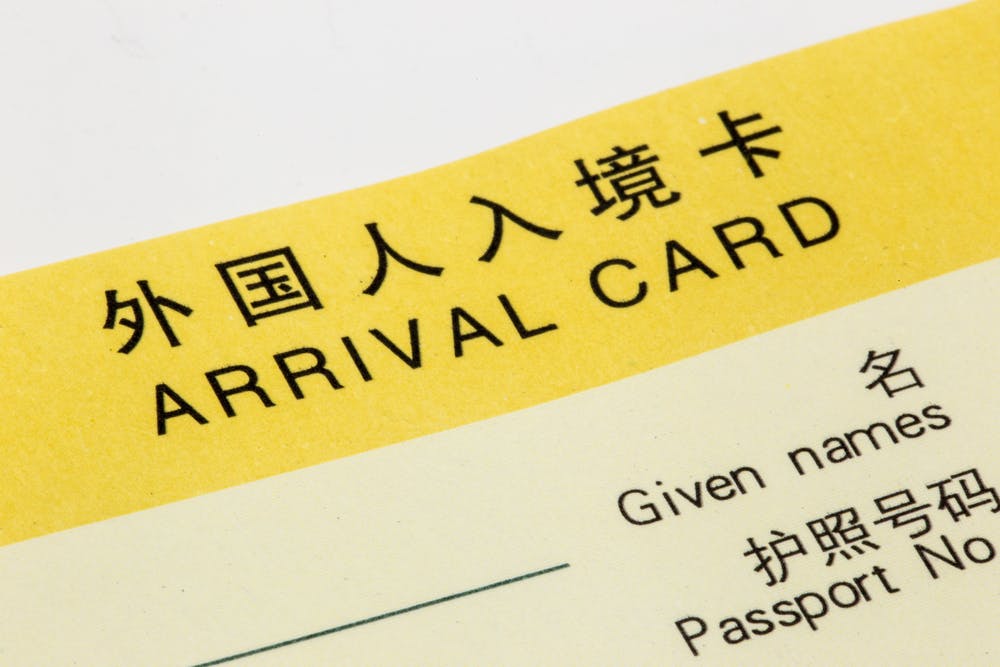On Nov. 1, China launched a limited release of its unified work authorization application policy. The change is touted as a major overhaul of the previously regionally-based immigration program that will hopefully streamline the Chinese work permit application process.
Now moving to a federal model administered by the State Administration of Foreign Experts Affairs (SAFEA), the two current permit categories — the foreign work permit and the foreign expert certificate — will form into one program available to three occupation groups.
“The integration of the two different work permits is designed to remove impediments, such as inconsistent administration, policies and inefficient communication related to different and often complicated issues related to the jobs, identities and social status of foreigners,” says Zhang Jianguo, head of SAFEA.
“It will help reduce repetitious checks and approvals, avoid administrative loopholes and improve efficiency by building a more active, open and efficient personnel introduction system.” he added.
Previously, securing work authorization in China was difficult in part due to the varying requirements based on the work assignment region. Employers found it difficult to plan around the many nuances with the system. It also resulted in long processing times and, likely, delayed business plans.
However, the new single work permit system is built to correct those deficiencies.
Significant changes expected:
- Applications may be submitted online, which should help decrease processing times.
- SAFEA assigns a permanent national code number that links to the applicant’s information for easier identification.
- The work permit is split into three groups: A is for high-end personnel, B is for professional personnel, and C is for temporary and seasonal personnel in service and non-technical fields.
- Applicants are evaluated on a points system, based on age, region of workplace, education, salary, work experience and other requirements.
In this initial phase, the program is available in regions that employ the most expats, such as: Beijing, Anhui, Hebei, Tianjin, the Ningxia Hui Autonomous Region, Sichuan and Guangdong. The program is set to be released nationwide in April 2017.
